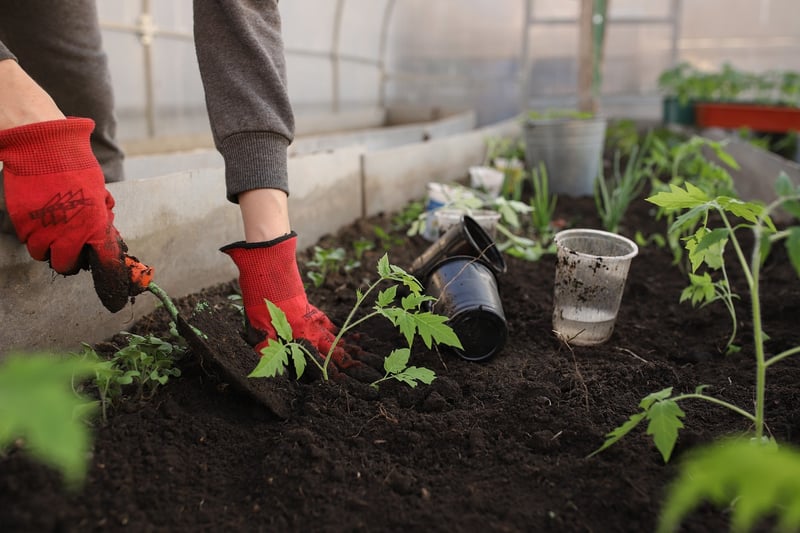Community Allotments
Sustainable Gardening Practices in Urban Areas
Urban gardening is a growing trend that allows city dwellers to grow their own food, connect with nature, and contribute to a more sustainable lifestyle. By implementing sustainable gardening practices, individuals can make a positive impact on the environment and their communities. One great way to participate in urban gardening is through community allotments.
Benefits of Sustainable Gardening in Urban Areas
- Reduces carbon footprint by sourcing food locally
- Promotes biodiversity and supports pollinators
- Improves air quality and reduces urban heat island effect
- Enhances community engagement and social connections
- Provides access to fresh, organic produce
Sustainable Gardening Practices
Implementing sustainable gardening practices is crucial for the success of urban gardening initiatives. Some key practices include:
- Composting kitchen scraps to create nutrient-rich soil
- Using rain barrels to collect and conserve water
- Planting native species to support local ecosystems
- Avoiding synthetic pesticides and fertilizers
- Practicing crop rotation to maintain soil health
Community Allotments
Community allotments are shared gardening spaces where members of the community can grow their own produce, exchange gardening knowledge, and foster a sense of belonging. These allotments promote sustainability, food security, and community building.
Are you interested in joining a community allotment in your area? Check local community centers, gardening groups, or municipal websites for information on existing allotments or how to start one in your neighborhood.

Get involved in sustainable gardening practices in urban areas and experience the joy of growing your own food while contributing to a greener, healthier community!
Remember, every small step towards sustainability makes a difference!
